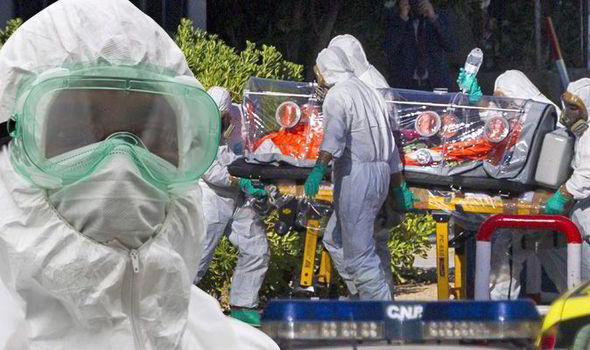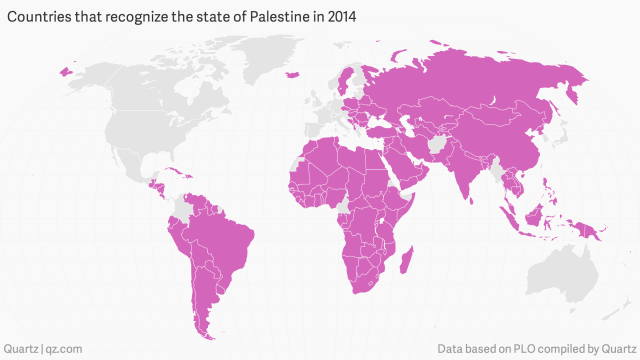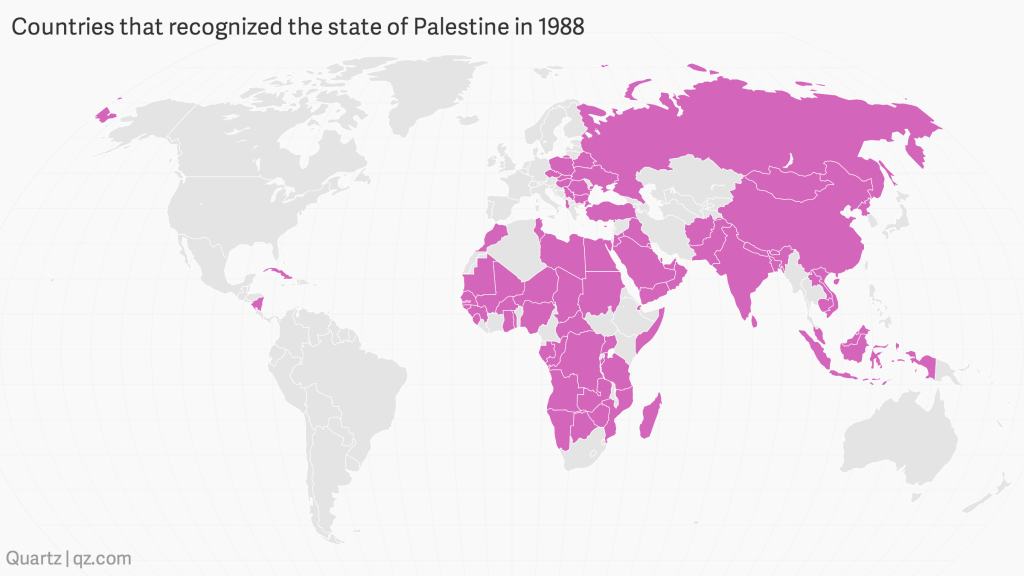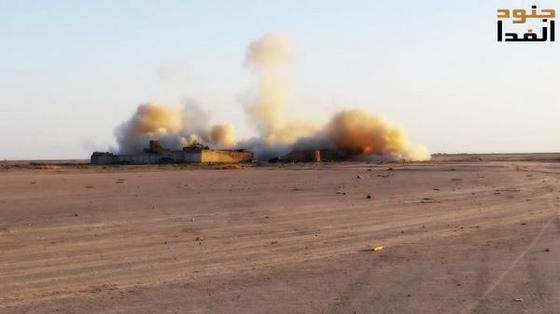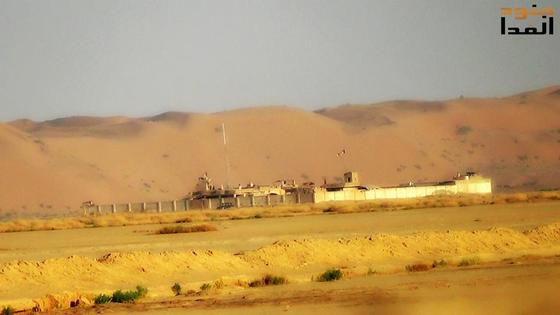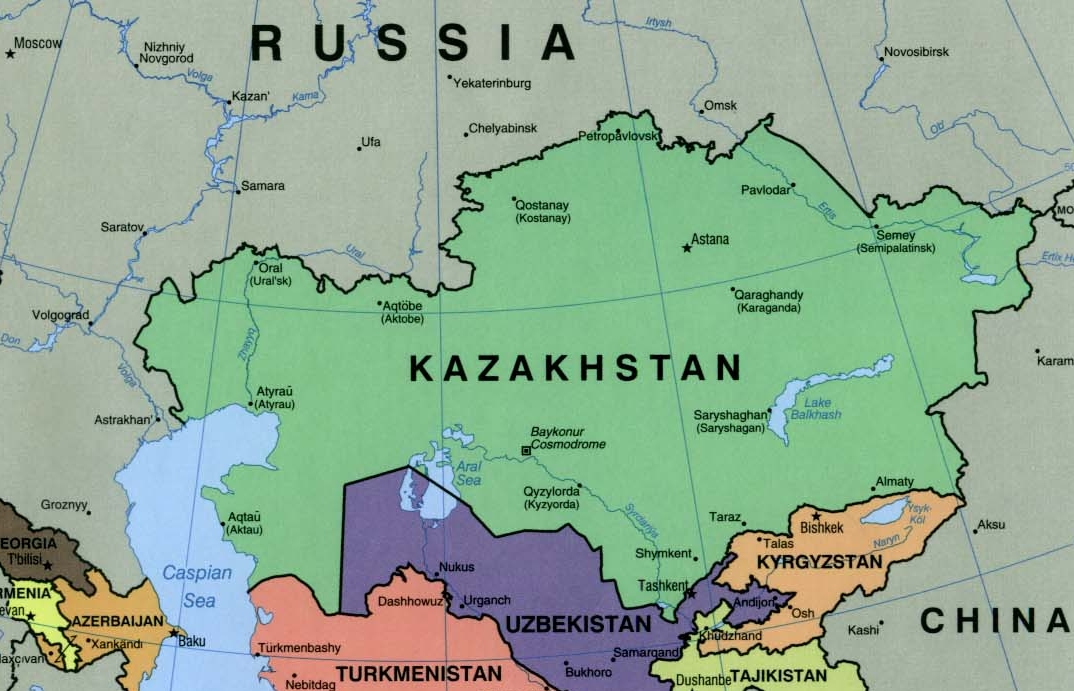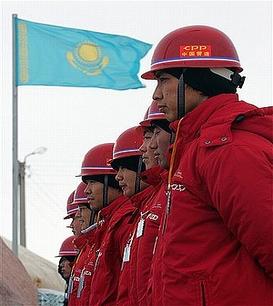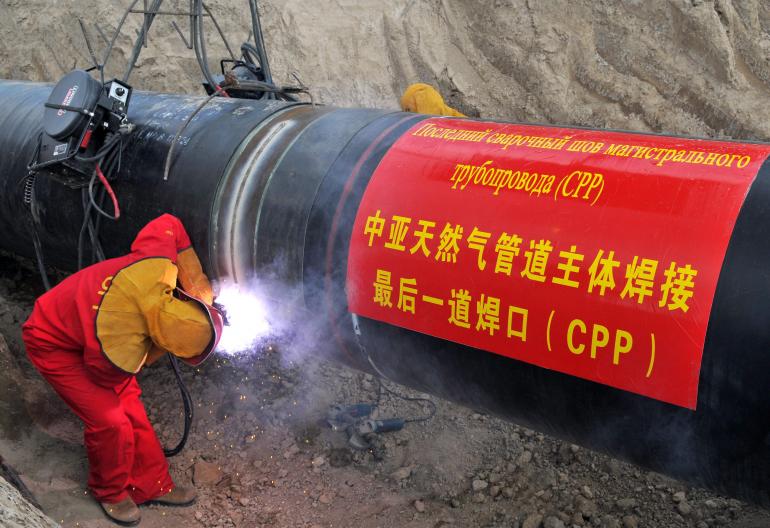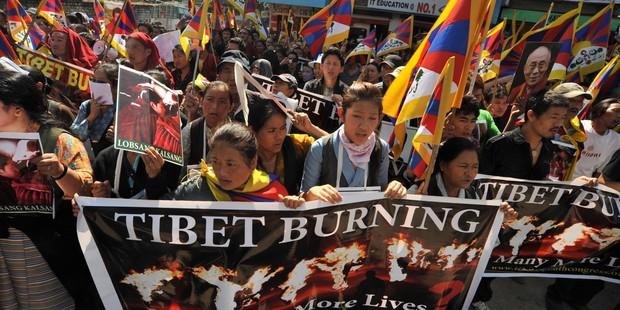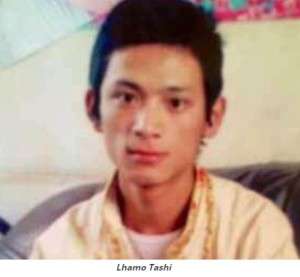Amnesty International has received the 50th ratification to its Arms Trade Treaty, and the treaty will now become law. The law will be the first of its kind, and will prohibit sales of conventional weapons and munitions to nations when there is knowledge that the weapons could be used to commit human rights abuses.
War crimes, crimes against humanity and genocide are among the rights abuses that will constitute grounds for prohibition of arms sales to a country.
In addition, the law will require that states must conduct objective assessments to avoid risks of human rights abuses.
The Arms Trade Treaty began as an idea in 1993. It was hoped that such an idea might stop human rights abuses by stopping the weapons from reaching people who use those weapons to commit abuses.
Read more: Arms Trade Treaty Almost Accomplished, Amnesty Urges
Currently, sales in conventional arms amounts to nearly USD$100 billion per year. This amount is steadily rising. Over half of the UN General Assembly’s (UNGA) 193 member states make and supply conventional weapons, and the five UN security Council (UNSC) members are the world’s largest arms traders.
Currently, there is no international control of the trade.
It is estimated that approximately 500,000 people are killed annually with firearms. A large percentage of this figure are those killed in battlefields.
In the past year, conflicts in many areas–most notably South Sudan, Israel, Syria, Iraq, Libya and Ukraine–have already claimed many thousands of lives.
The largest importers of arms are India, Saudi Arabia, and United Arab Emirates. Large amounts of arms are also purchase by several other Asian and Middle Eastern countries.
Amnesty International needed 50 ratifications of the Arms Trade Treaty in order for the treaty to become legally binding. The 50th ratification happened Thursday. The ATT enters into force 90 days after its 50 ratification, so the treaty will be international law December 25, 2014.
“This week we have reached the magic 50 ratifications so the treaty will soon become international law,” wrote Amnesty International’s arms expert Brian Wood.
Argentina, the Bahamas, Czech Republic, Portugal, Saint Lucia, Senegal and Uruguay were the most recent states to ratify.
The treaty is legally binding for all nations that have ratified. Ratification included incorporation of the treaty rules into national laws and submitting official paperwork to the UN consenting to abide by treaty rules.
Many UN members have not yet signed the treaty, however, including top arms exporters China, Israel, Canada and Russia.
Amnesty has pointed out that China is involved in ongoing irresponsible arms transfers, including supplying conflict zones such as Sudan, South Sudan, the Democratic Republic of Congo (DRC), Libya and Zimbabwe. China also sells to countries with poor human rights records such as Algeria, Angola, Bangladesh, Guinea, Egypt, Indonesia, Iran, Iraq, Jordan, Kenya, Libya, Myanmar, Pakistan and Sri Lanka.
France likewise supplies Singapore, UAE, Greece, Middle Eastern, North African and other Francophone countries. France cooperates with Russia on defense and naval equipment. France in the past has supplied conflict zones such as Libya, Israel, Egypt, Chad and Syria. These conflicts were supplied between 2005 and 2009, and France has shown itself generally supportive of strict arms trade transfer criteria.
Russia is believed by Amnesty to be the largest arms supplier of Syria. Russia also supplied Sudan, and is preparing to supply Egypt. Russia also supplies India, Algeria, Myanmar, Venezuela, and many African states.
The UK is believed to have supplied arms to Sri Lanka, Libya Bahrain and Yemen, which may have been used to commit human rights violations. It has, however, supplied Iraq, Israel, Sri Lanka, Bahrain, Egypt and Yemen with weapons that may have been used to commit human rights abuses.
The United States–the world’s largest arms trader–supplies 170 countries with arms. The US has respected UN arms embargo’s, as well as restricted arms trade on its own to Myanmar, Chad, Sri Lanka, Zimbabwe and South Sudan.
By Day Blakely Donaldson
[su_youtube url=”https://www.youtube.com/watch?v=ctbc9kw1oHA”][su_youtube url=”https://www.youtube.com/watch?feature=player_embedded&v=ctbc9kw1oHA”][/su_youtube]
Amnesty International

